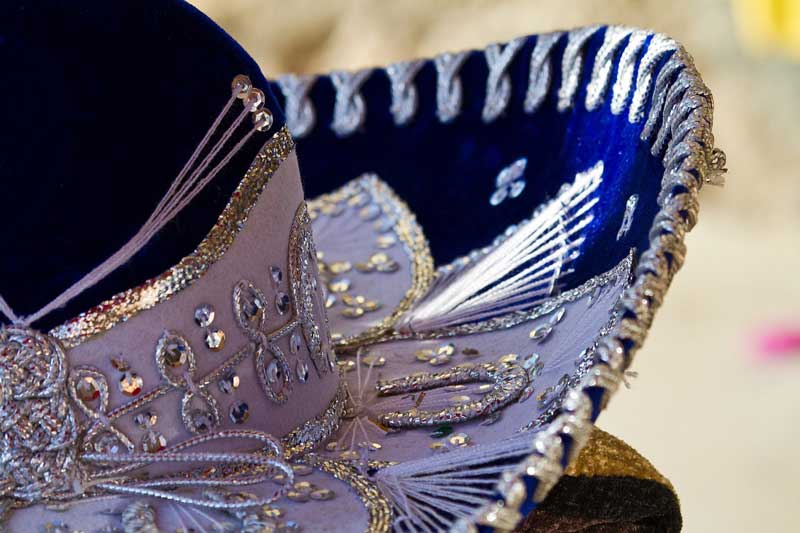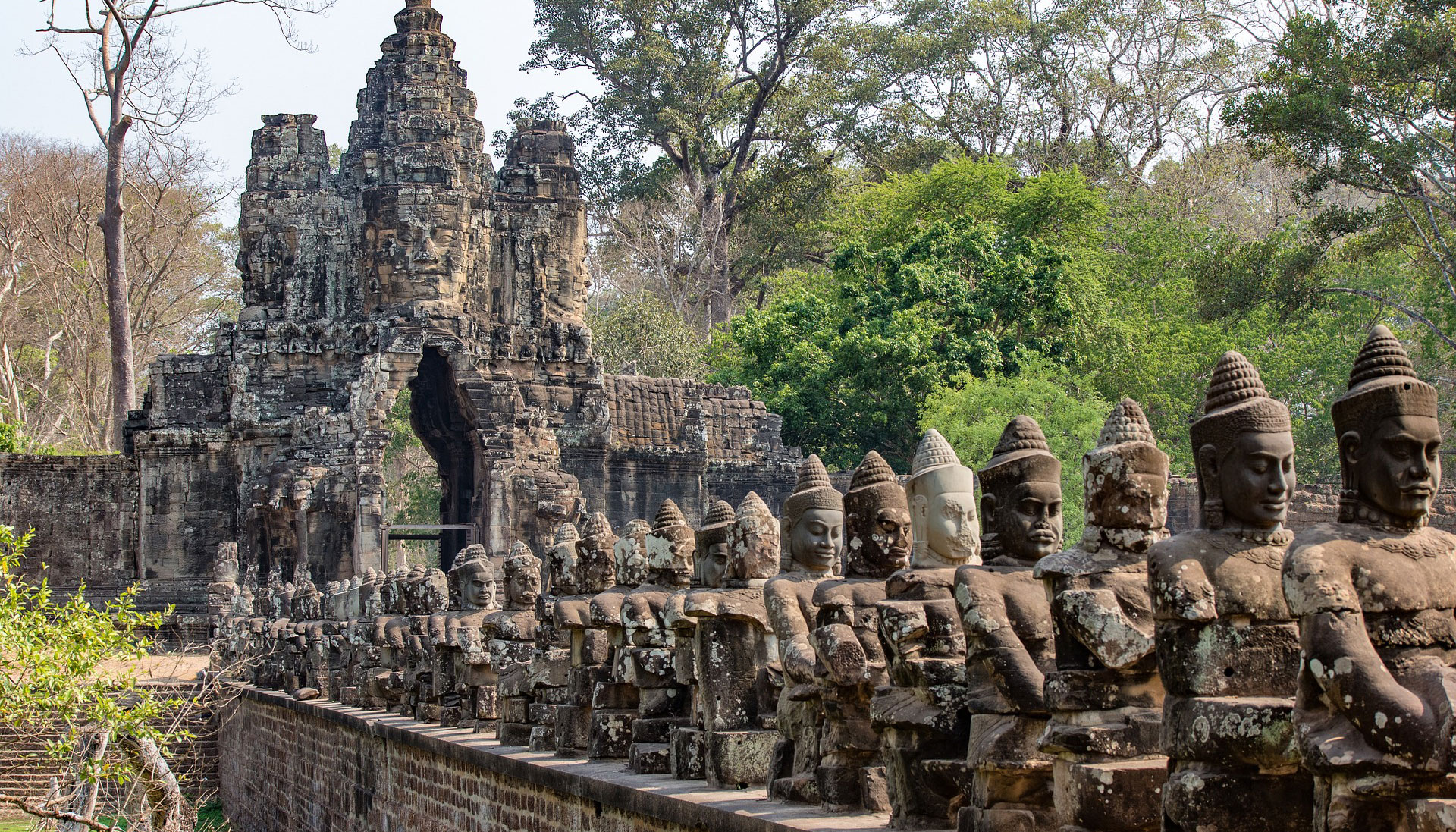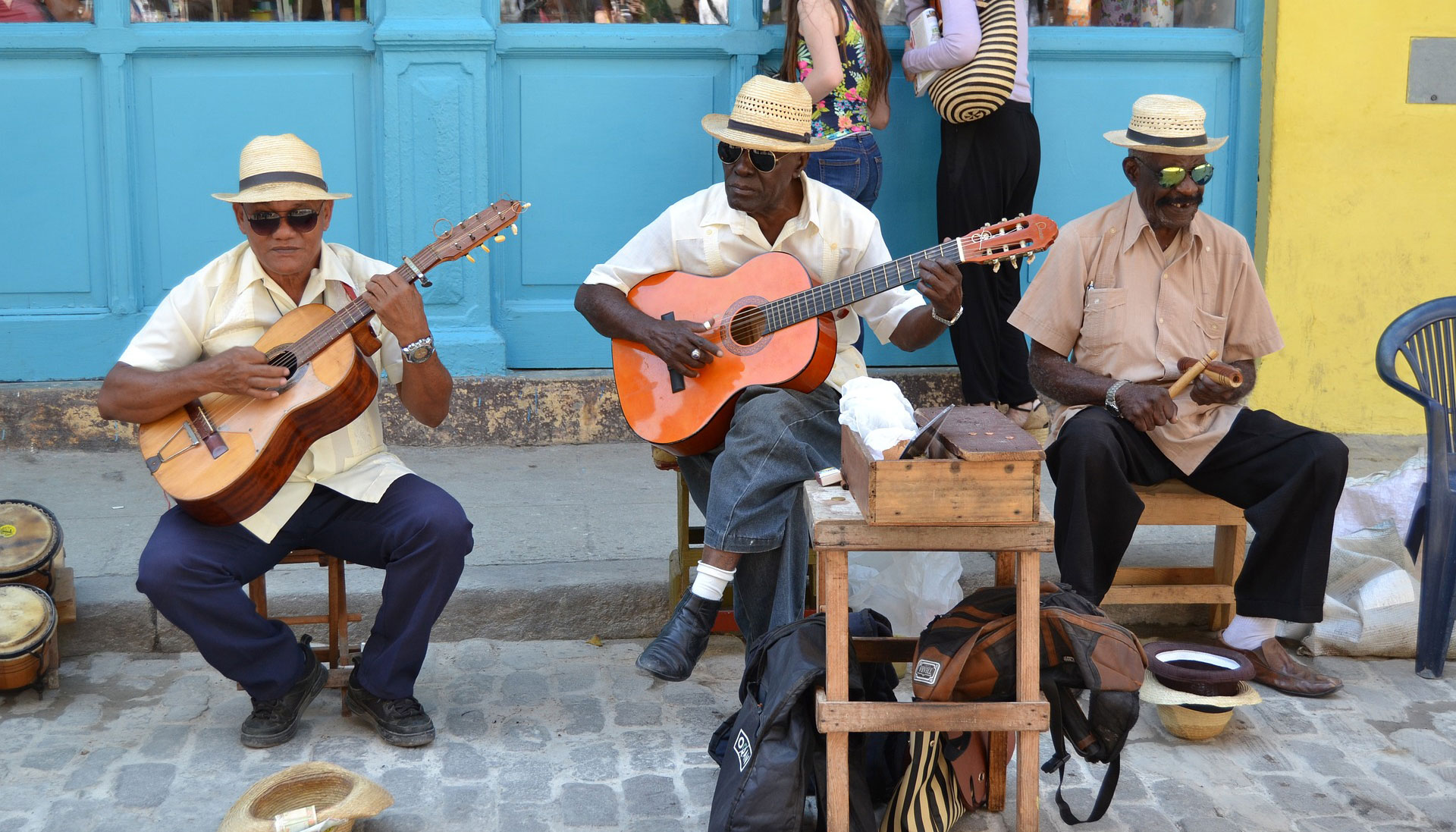Globe Aware volunteers know that Cinco de Mayo holds significant recognition as one of the most celebrated Mexican holidays in the United States. Discover why Cinco de Mayo goes beyond tacos and tequila!
Why don't more Mexicans celebrate Cinco de Mayo? Here's everything to know about the holiday
By Tiffany Acosta
Arizona Republic
April 26, 2024
Cinco de Mayo is one of the most recognized Mexican holidays in the United States. It's when people go in search of half-price margaritas and feast on Mexican food.
But Cinco de Mayo isn't actually about burritos and beer, and while it's celebrated in Mexico, it is not as deeply ingrained in the national culture as it is in the United States.
In Mexico, Cinco de Mayo is primarily observed in the state of Puebla, where the historic Battle of Puebla took place. Cinco de Mayo commemorates the Mexican victory over the French empire on May 5, 1862. However, it's often misunderstood as Mexico's Independence Day, which is celebrated on Sept. 16.
Despite its significance in Mexican history, Cinco de Mayo holds more significance in the United States, but why? Here is everything you need to know about Cinco de Mayo.
What is Cinco de Mayo and why is it celebrated?
Cinco de Mayo, which translates to "fifth of May" in Spanish, commemorates the Mexican victory over the French at the Battle of Puebla on May 5, 1862.
“It's the French under Napoleon who sent their troops into Mexico," said Alexander Aviña, associate professor of history at Arizona State University.
"The Mexican army didn't really have any victory in this five-year occupation since the country had experienced the French raid from 1862 to 1867, but this was one of the few that occurred on the outskirts of Puebla and was led by Gen. Ignacio Zaragoza.
"So they lost a bunch of battles in those five years but the one battle that they did win occurred on May 5 and that's why it's remembered, in Mexico today, but especially remembered in the area of Puebla. That's where most of the national festivities take place,” Aviña said.
What did Mexico gain from Cinco de Mayo?
The victory in the Battle of Puebla was a significant morale boost for the Mexicans. The French army, one of the most powerful in the world at that time, was trying to establish a foothold in Mexico. Zaragoza and his troops defeated the much larger and better-equipped French army, led by Gen. Charles de Lorencez, according to History.com.
The victory delayed the French advance toward Mexico City and bought the Mexican government some time to prepare for further attacks.
The victory also had international implications, as it helped to demonstrate that the French army was not invincible. This indirectly affected the American Civil War, as it discouraged Napoleon III from providing support to the Confederacy. This support could have changed the outcome of that war.
Despite the significance of the Battle of Puebla, the win there did not end the French occupation of Mexico.

Who did Mexico gain independence from?
Mexico gained its independence from Spain. The Mexican War of Independence began on Sept. 16, 1810, when the priest Miguel Hidalgo y Costilla made the famous "Grito de Dolores," a call to arms for the Mexican people to rise against Spanish colonial rule.
After more than a decade of fighting, Mexico finally achieved independence on Sept. 27, 1821, when the Treaty of Córdoba was signed, officially ending Spanish rule in Mexico.
Why is Cinco de Mayo celebrated in the U.S. and not Mexico?
Cinco de Mayo is celebrated in the United States and Mexico, but it is a much more significant observance in the U.S.
The reasons for its popularity in the U.S. are varied, and many people think it is Mexico’s Independence Day, which is false. Mexican Independence Day is celebrated on Sept. 16.
“I think there's always some sort of military commemoration in Puebla and there are one or two major fortresses where the Mexican army held their defense against the French as a commemoration of this military victory,” said Aviña.
“But it's not as big as the 16th of September when Mexico celebrates its independence. The more interesting question is why, especially in the last 20 to 30 years, Cinco de Mayo is celebrated more in the United States than it is in Mexico, and this confuses a lot of people.”
Cinco de Mayo is heavily commercialized in the United States, particularly by the food and beverage industries, which promote it as a day to enjoy Mexican food and drinks.
Why Mexicans don't celebrate Cinco de Mayo?
Cinco de Mayo is celebrated in Mexico, but not as widely as it is in the United States. In Puebla, the day is observed with military parades, battle reenactments and other events. In other parts of Mexico, it is not as widely celebrated.
“Historians have shown Mexican communities living in the United States in the 1860s following the news of a French invasion of Mexico with great interest, and after the Mexican military victory on May Fifth, there was a lot of enthusiasm and pride in Mexican communities in the United States," Aviña said.
“There were Spanish language newspapers in California, for instance, the way they recorded the victory and the way they recorded the French invasion of Mexico, it generated a lot of Mexican support for their nation. It even led to Mexicans leaving the United States and volunteering and going to Mexico to fight.
“So ever since then, I think commemoration of this military victory has served mostly to expand and cement that idea what it means to be Mexicans outside of the country,” Aviña said.
Is Cinco de Mayo a religious holiday?
Cinco de Mayo is not a religious holiday and is not tied to any religious observance.
Is it OK to celebrate Cinco de Mayo?
It's OK to celebrate Cinco de Mayo. Use respect and cultural sensitivity. Avoid stereotypes or appropriation. Look for festivals, performances and other events celebrating Mexican culture in your area.
“I think, generally, people of Mexican descent in the U.S. celebrate as a way to reaffirm a certain type of national cultural pride,” said Aviña. “What we’ve seen, especially in the last 20 years, it's become like a party holiday, it's become really fueled by commercial interests, like just another day where people can go and consume.
"But before that, it was for 100 years a way for Mexicans in the U.S. to proudly assert their Mexican heritage however they saw fit. So in that regard, I don't see it’s wrong to celebrate, I just have to plead for sort of accuracy and not to build racist caricatures.”













